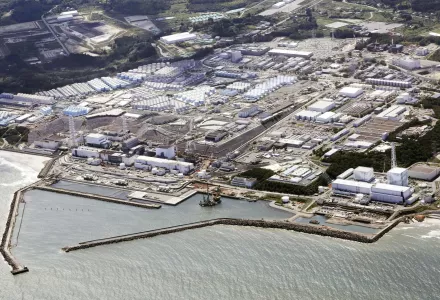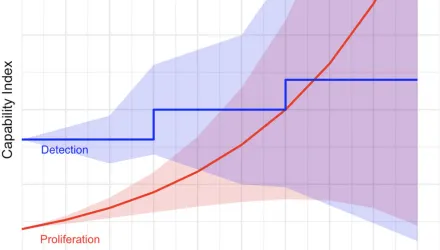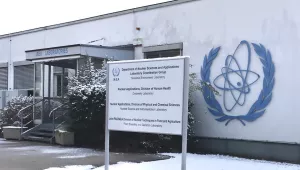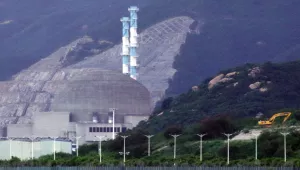
“This is not a decision or set of steps that are happening in haste by any means, and this is a practice that is common and consistent around the world and with the nuclear energy industry,” said Marina Lorenzini of the Belfer Center for Science and International Affairs at the Harvard Kennedy School of Government.
According to data posted online by the Japanese Ministry of Economy, Trade and Industry, water with much higher levels of tritium has been discharged by nuclear facilities in countries including China, South Korea, Canada and France in line with local regulations.
Lorenzini said that the IAEA’s active engagement in the Fukushima process “makes me feel a lot more comfortable and confident with the events we see playing out today.”
The IAEA said this week that it would maintain an onsite presence at the Fukushima plant, where it opened an office last month, and publish real-time and near real-time monitoring data.
“I think we have good reason to believe that this will be a well-monitored and well-maintained operation,” Lorenzini said.





